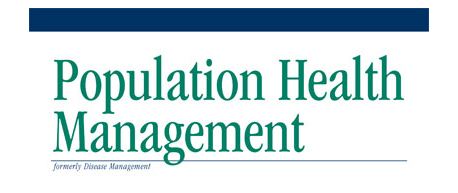Managed care organizations are increasingly engaging community health workers to support service delivery for their members, particularly in the realm of social determinants of health. Some states now require managed care organizations to offer community health workers services. Although the roles and activities of community health workers working in other contexts (eg, clinics, hospitals, community-based organizations) are well established, there is sparse knowledge about how managed care organizations are operationalizing community health workers roles and whether community health workers activities differ based on whether community health workers are employed directly by managed care organizations or contracted through other organizations. In 2021, 2 community health workers professional associations and a university partnered to conduct a national cross-sectional survey of community health workers working with managed care organizations. Respondents (n = 146) represented 29 states. Community health workers employed by managed care organizations reported receiving significantly more training and benefits from their employers than community health workers who were contracted through other organizations. Managed care organizations-based community health workers were more likely to support members with high-cost conditions and high service use, whereas contracted community health workers were more likely to engage in population-focused interventions, which may produce less immediately visible financial returns. Health plans would do well to ensure the community health workers they support, whether through contract or direct hiring, receive appropriate compensation and training, and have the freedom to engage in the full range of community health workers roles, including community-level interventions.
